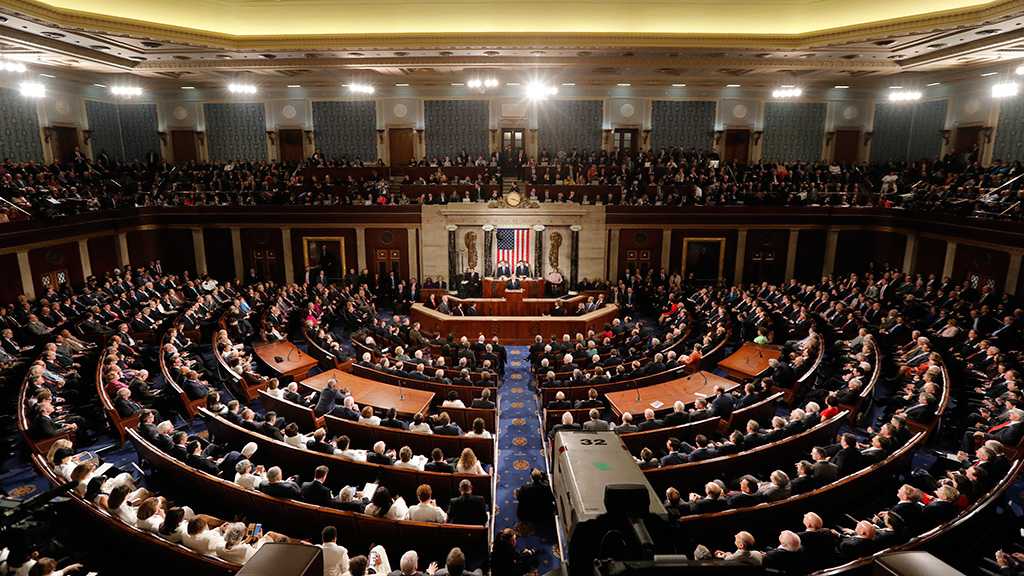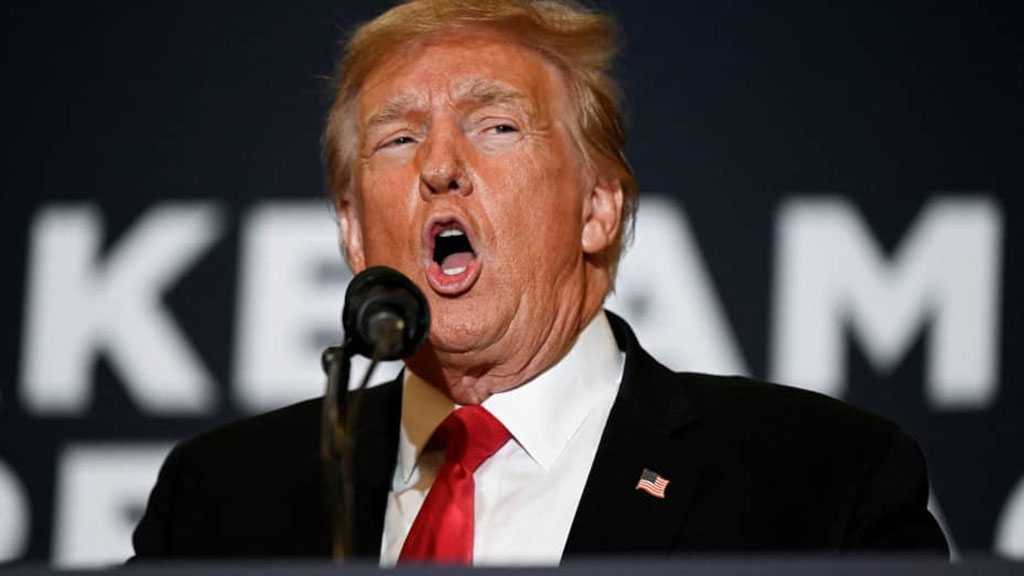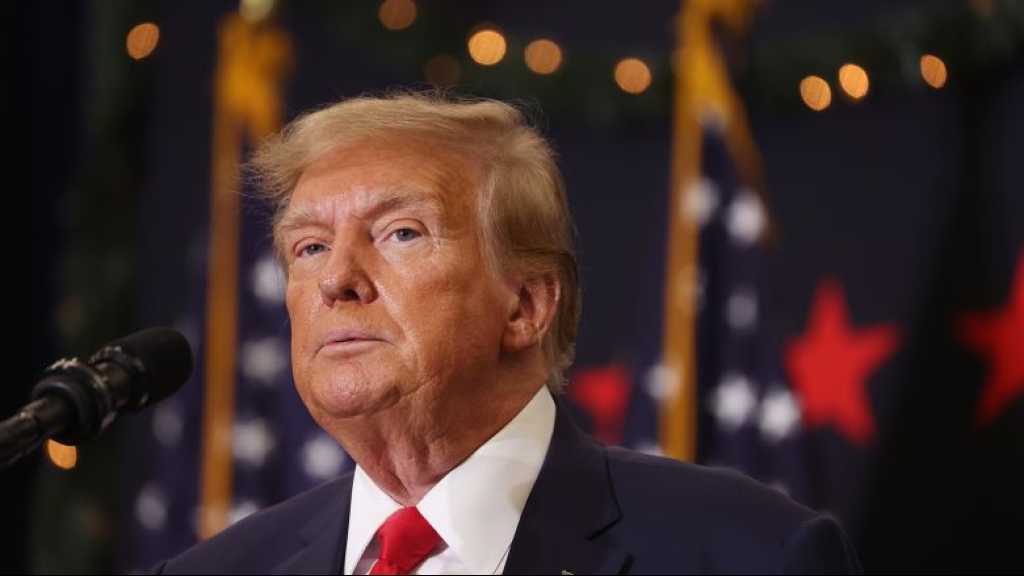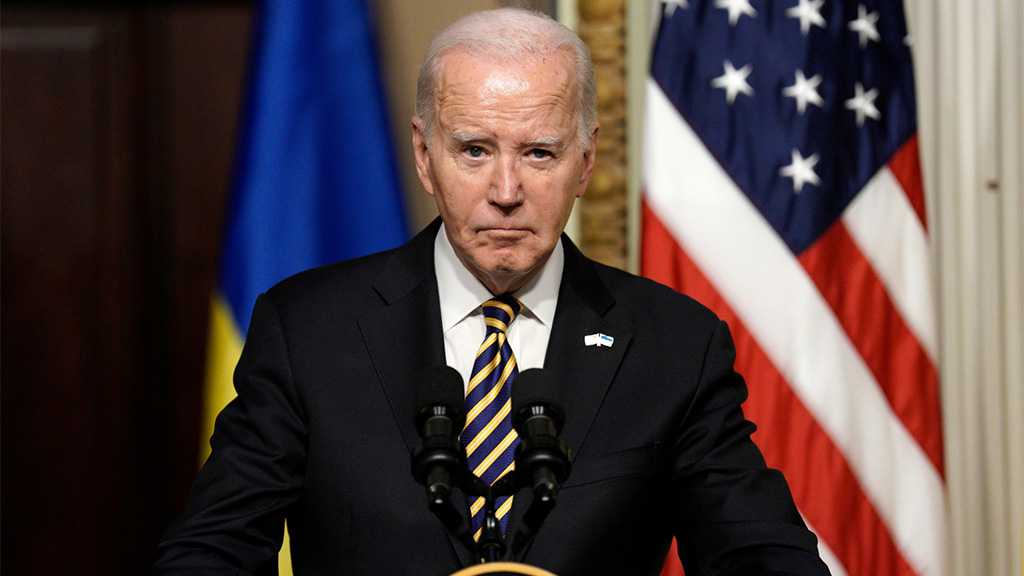
US-Saudi Nuclear Talks Infuriates Congress

By Staff, Agencies
Built on his ideology that only money talks, US President Donald Trump’s efforts to secure a nuclear energy deal with Saudi Arabia caused the a wide congressional anger.
Lawmakers first became wary of the plans when the Saudis refused to accept limits preventing them from developing a nuclear weapon.
But that skepticism quickly turned to fury when it was revealed that the Trump administration gave approval for companies to share certain nuclear energy technology with the kingdom without a broader nuclear deal in place.
Lawmakers are now demanding answers. They particularly want to know whether any of the approvals came after the October murder of U.S.-based journalist Jamal Khashoggi at the Saudi Consulate in Istanbul.
“First we want the information from [the Department of Energy], and we’re demanding it. We should get it,” said Sen. Bob Menendez (D-N.J.), the ranking member on the Senate Foreign Relations Committee. “And I think it’s critical to know exactly how this happened, when it happened and particularly were you doing this after Khashoggi?”
Congress has been re-evaluating the US-Saudi relationship since Khashoggi’s death, with lawmakers blaming Saudi Crown Prince Mohammed bin Salman for the killing.
Propelled in part by anger over Khashoggi’s death, Congress last week sent Trump a resolution that would end U.S. military support for the Saudi-led coalition in Yemen’s civil war.
Trump is expected to veto the resolution, making it the second veto of his presidency, and lawmakers are plotting their next steps to confront him for supporting the Saudis.
One potential avenue for expressing that anger is the administration’s nuclear talks with Riyadh.
House Democrats began investigating the administration’s nuclear talks with Saudi Arabia after the Oversight and Reform Committee announced in February it was launching a probe to “determine whether the actions being pursued by the Trump administration are in the national security interests of the United States or, rather, serve those who stand to gain financially as a result of this potential change in US foreign policy.”
The investigation was launched in conjunction with the release of an interim report that included detailed allegations by unnamed whistleblowers that senior White House officials ignored warnings from legal and ethics advisers to stop pursuing the plan to sell nuclear reactors to Saudi Arabia.
The administration has been negotiating what’s known as a 123 agreement with Saudi Arabia that would allow US companies to sell nuclear reactors to the kingdom.
Riyadh has resisted an agreement that includes prohibitions on enriching uranium and reprocessing spent fuel to produce plutonium — essential steps in producing nuclear weapons.
Satellite images first reported by Bloomberg News this past week show Saudi Arabia is nearing completion of its first nuclear facility.
The administration argues a nuclear energy deal with Saudi Arabia is necessary because the kingdom will otherwise take its business to other countries, leaving US companies in the lurch while doing nothing to prevent nuclear proliferation.
Secretary of State Mike Pompeo on Friday was asked about the state of negotiations with Saudi Arabia but responded by criticizing the Obama administration’s nuclear deal with Iran in 2015.
“I can’t tell you where the negotiations sit because they’re still ongoing. But make no mistake about it: We only wish that the previous administration had taken that threat seriously with respect to the Islamic Republic of Iran,” he said in an interview with Norah O'Donnell on “CBS This Morning.”
Pressed on whether that makes it acceptable for Saudi Arabia to be a nuclear power, Pompeo said, “We will not permit that to happen.”
Congress has statutory review powers over 123 agreements and can block them once they are submitted to Capitol Hill.
Comments



